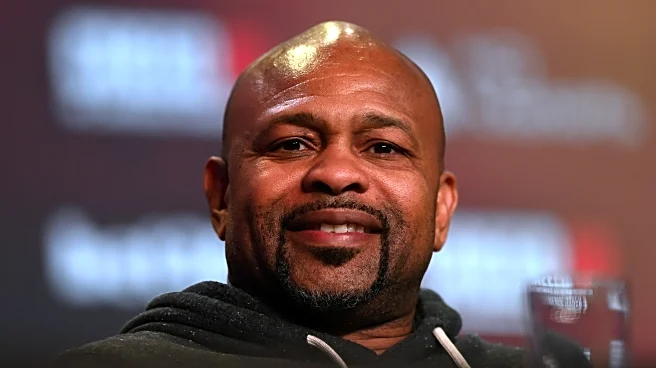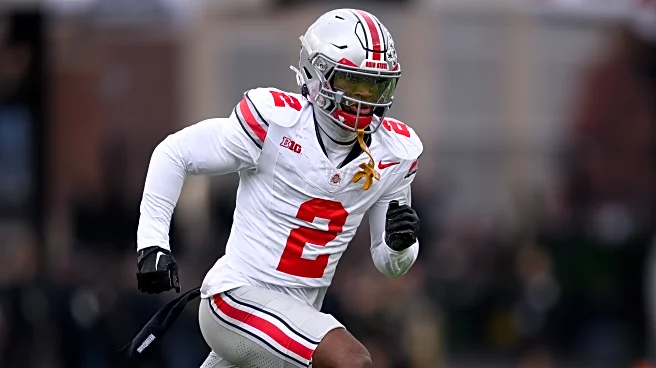Rapid Read • 8 min read
President Trump is visiting the Federal Reserve headquarters in Washington, D.C., as tensions continue with Fed Chair Jerome Powell. Trump has criticized Powell for maintaining the short-term interest rate at 4.3% this year, following three cuts last year. Trump argues that lower rates are necessary to stimulate the economy and reduce federal debt interest costs. Powell, however, has expressed caution, citing the need to assess the impact of Trump's tariffs on inflation. The Fed is also undergoing a costly renovation of its headquarters, with expenses rising from $1.9 billion to $2.5 billion due to inflation and increased material costs.
AD
The visit underscores the strained relationship between the executive branch and the Federal Reserve, highlighting concerns over the Fed's independence. Trump's pressure on Powell to lower interest rates could have significant implications for economic policy and market stability. Economists and investors generally support the Fed's autonomy, fearing that political interference could undermine its ability to manage inflation and economic growth effectively. The renovation costs further complicate the situation, potentially affecting public perception of the Fed's fiscal management.
The ongoing dispute may lead to further political and economic ramifications. If Trump continues to push for Powell's dismissal, it could provoke a debate over the limits of presidential power concerning the Federal Reserve. Additionally, the Fed's decisions on interest rates will be closely watched by markets and policymakers, as they could influence economic conditions and government borrowing costs. Stakeholders, including Wall Street investors and economists, will likely react to any changes in Fed policy or leadership.
The situation raises questions about the balance between political influence and economic governance. The Fed's independence is a cornerstone of U.S. economic policy, designed to prevent short-term political pressures from dictating monetary policy. Trump's actions may prompt discussions on the ethical and legal boundaries of presidential authority over independent agencies. Long-term, this could lead to shifts in how the Fed operates and interacts with the government.
AD
More Stories You Might Enjoy












